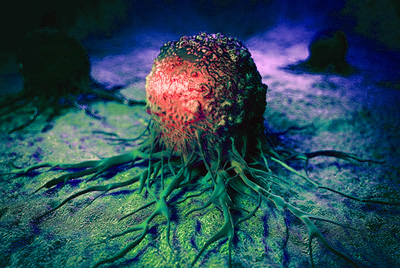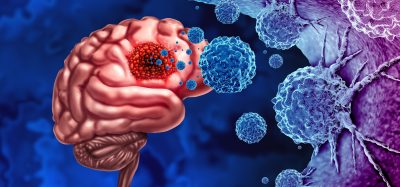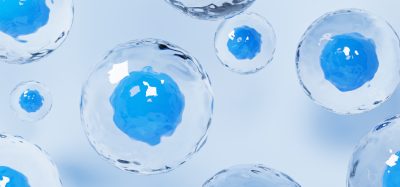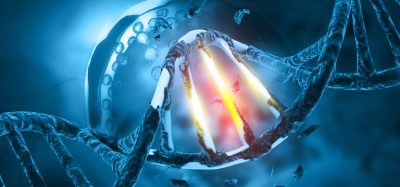NEAT1 identified as potential therapeutic target in the fight against cancer
Posted: 4 July 2016 | Victoria White, Digital Content Producer | No comments yet
Scientists have shown that NEAT1, a non-coding RNA, plays an important role in the survival of highly dividing cells – and in particular of cancer cells…


A team of researchers from VIB, KU Leuven and ULB has identified NEAT1, a non-coding RNA, as a potential therapeutic target in the fight against cancer.
The scientists have shown that NEAT1 plays an important role in the survival of highly dividing cells – and in particular of cancer cells. These findings can help develop new drugs that target NEAT1 in order to kill cancer cells more effectively.
As a non-coding RNA, NEAT1 is not translated into a protein. It does however contribute to the formation of so-called ‘paraspeckles’, subnuclear particles that can be found in the cell nuclei of cancer cells. The function of these particles has remained obscure. Although highly conserved through evolution, the non-coding RNA appears to be dispensable for normal embryonic development and adult life as mice lacking NEAT1 are viable and healthy.
PhD student Carmen Adriaens (VIB-KU Leuven), commented: “In our study, we have found that the expression of NEAT1 in the cell nucleus is regulated by p53. This protein plays an important role in protecting people against cancer and is known as ‘the guardian of the genome’. When a cell is stressed or damaged, p53 will upregulate the expression of NEAT1, which leads to the formation of paraspeckles. This has two possible outcomes: the cell can either go into transient cell cycle arrest, giving it time to deal with the stress and repair the damage before continuing cell division. If the stress or damage is too high, however, p53 will instruct the cell to commit suicide and die.”
NEAT1 helps cancer cells grow opportunistically
A key observation made by the researchers is that NEAT1/paraspeckles are required for the survival of highly dividing cancer initiating cells and that mice lacking NEAT1 are protected from developing skin cancer. This means that cancer cells can ‘hijack’ the survival principle of the non-coding RNA for their own good.
Prof. Jean-Christophe Marine (VIB-KU Leuven) commented: “We expected NEAT1 to be a tumour suppressor, since it is regulated by p53. Instead, it turned out that NEAT1 helps cancer cells in growing opportunistically. They use the survival mechanisms put in place by NEAT1 to survive standard chemotherapeutics. Our research shows that cancer cells die more effectively after removing NEAT1/paraspeckles from the cell nucleus. In other words: the loss of NEAT1 leads to increased chemosensitivity and cell death. Therefore, our findings can help develop new drugs targeting NEAT1 in order to kill cancer cells more effectively.”
Since normal cells do not rely on NEAT1/paraspeckles, these nuclear bodies may be promising therapeutic targets.
Related topics
Drug Targets, Oncology
Related organisations
KU Leuven








